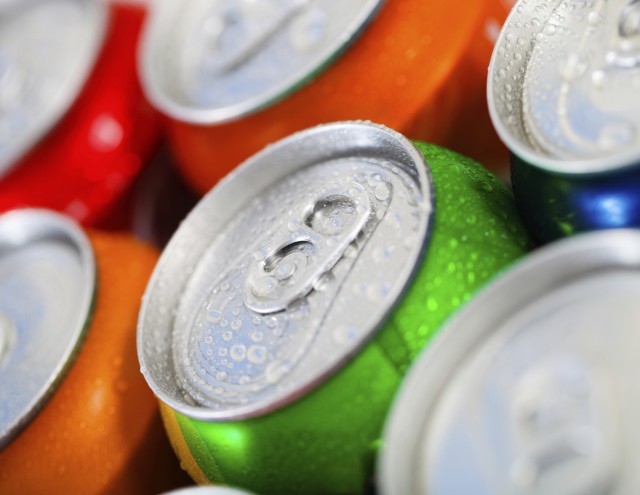"It is a common sense measure that can put San Francisco on the map as the first city to fight for the health of our youth," Mar said.
Those health impacts, Mar argued, are huge. He said that of children today, one-third of them will develop type 2 diabetes, and for minorities that number is even higher, with as many as one-half likely to develop type 2 diabetes.
The disproportionate effect on minorities is one reason that Supervisor Malia Cohen called the measure "crucial" during the meeting.
"Bullets are not the only thing that are killing African American males," Cohen said. "You also have sugary beverages."
But Kim said today that she objected to the measure because of the disproportionate effect the tax will have on those same communities.
Calling it a regressive flat tax, Kim said that it "unfairly burdens low-income communities" similar to other sin taxes such as high taxes on cigarettes.
While agreeing with the policy goals of attempting to curb unhealthy habits, Kim suggested alternatives such as education, subsidizing healthier foods, policies to put healthier foods in corner liquor stores, and restricting sales with licenses like liquor licenses.
Mar sternly objected to Kim's objections, saying, "Maybe you weren't listening."
"It's very clear education isn't enough" to improve health, he said.
Cohen called it "disingenuous" to argue that the tax was regressive because the diseases caused by a high sugar diet so disproportionately affect low-income communities that the deterrent is most crucial there.
"These diseases we are looking to solve are also regressive," she said.
Wiener said the comparison to a cigarette tax was apt, and that tobacco taxes are something he strongly supported. He said that he was disheartened that a recent statewide ballot measure to tax cigarettes failed but heartened that it received 73 percent support in San Francisco.
"Tax policy is a critical part," he said. "The cigarette tax is a great model."
Opponents who have formed a "Stop Unfair Beverage Taxes" coalition said today that singling out sugary drinks for taxation is unfair as sugar-sweetened beverage consumption is down while rates of diabetes and obesity have continued to rise.
But Campos and Mar argued that sugary beverages are a big part of the problem because it was easier to consume large quantities of sugar in a drink and metabolize larger quantities of sugar.
The Hispanic Chambers of Commerce of San Francisco also released a statement objecting to the initiative -- arguing that the new tax and increased prices will impact many already struggling businesses.
Supervisor David Campos, who ultimately voted yes today, echoed the comments that the measure would level a regressive tax on low-income communities.
"I do believe in something like this I'm going to err on the side of giving voters a choice," he said, but said that he thought there was "something Big Brother about this."
He and Kim said that the citywide conversation about it leading to the November election will at least improve education about the health effects of sugary drinks.
